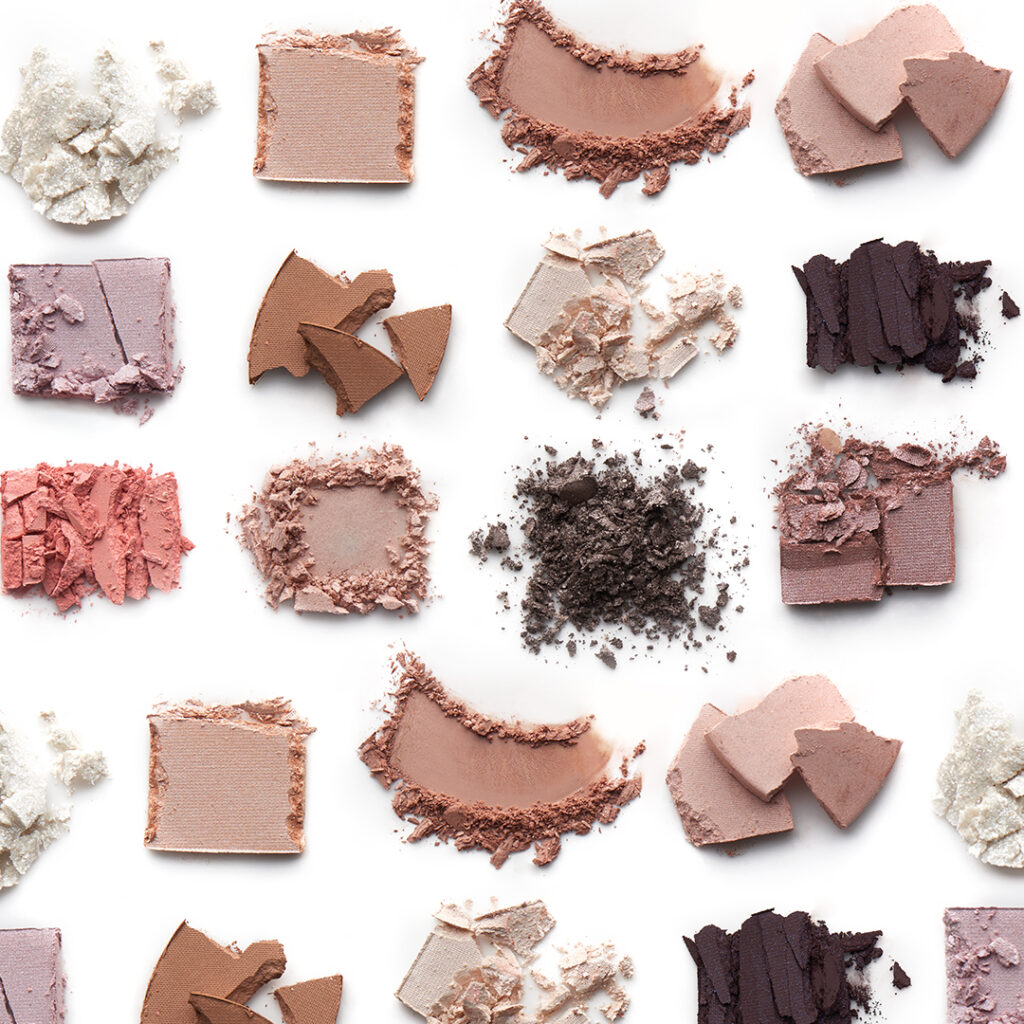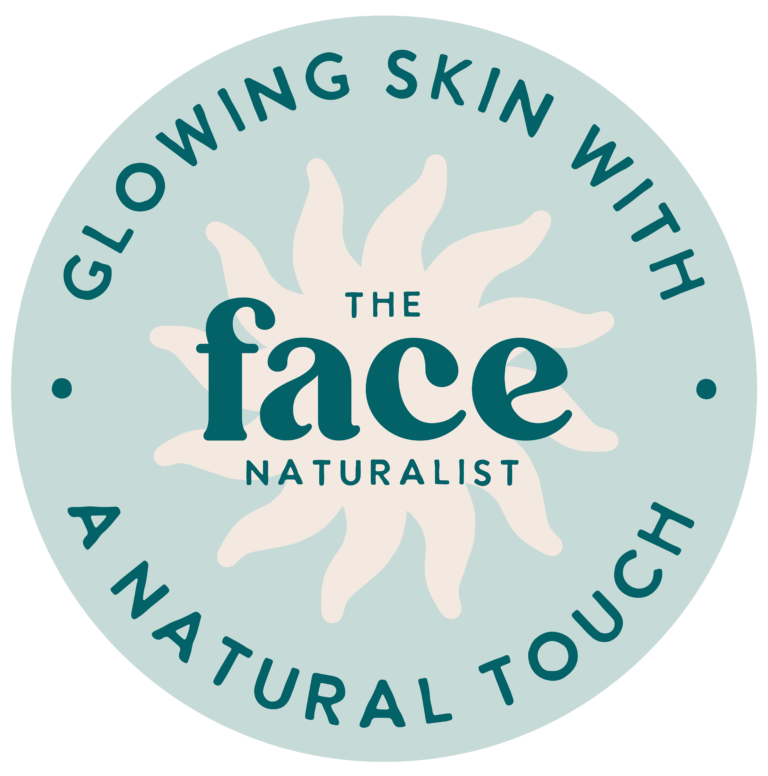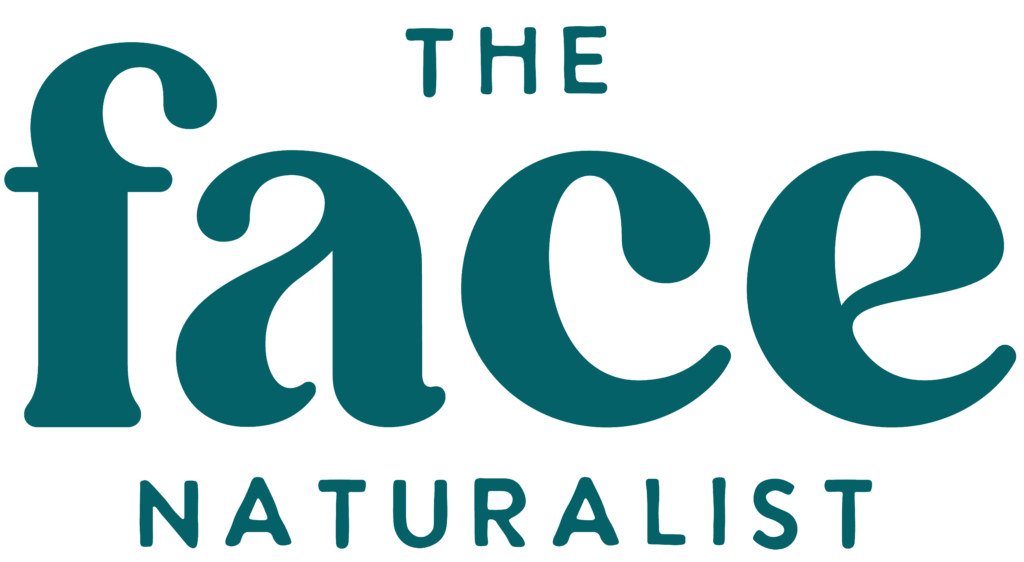Navigating the world of makeup and skincare products can be a bit of a minefield, especially with concerns about the ingredients used in our favorite cosmetics. Interestingly, the FDA’s oversight of these products is more hands-off than you might expect, which means there’s a lot we end up figuring out on our own.
How the FDA Handles Cosmetics
Unlike foods and medicines, the FDA doesn’t require pre-market approval for most components of cosmetics. This means many ingredients slip into products without extensive testing. Essentially, it’s up to the companies to ensure their products are safe, and the FDA only steps in when problems are reported after these products hit the market.

Common Chemical Culprits
A few chemicals frequently found in beauty products have raised eyebrows among health experts:
- Parabens: These preservatives are common in cosmetics and are suspected of messing with hormone function by mimicking estrogen. There’s ongoing debate about their link to breast cancer.
- Phthalates: Found in anything from lotions to nail polish, phthalates are known for disrupting hormones and may pose risks to reproductive health.
- Formaldehyde: Yes, the stuff you remember from biology class! It pops up in some hair and nail products and is a recognized carcinogen.
- Lead: Occasionally detected in lipsticks and eyeliners, lead is toxic and can harm the nervous system.
- Synthetic fragrances: These can include a mix of many chemicals, some of which might trigger allergies or other health problems.
Since these ingredients aren’t always clearly labeled, it can be tricky to spot them.
Moving Towards Safer Beauty Standards
While advocates push for tighter regulations to ensure cosmetic safety, change tends to be slow. In the meantime, here’s what you can do to stay safe:
- Be a Label Detective: Get familiar with the names of harmful chemicals and keep an eye out for them when shopping.
- Go Organic: Products certified as organic are generally cleaner and greener.
- Support Open Brands: Look for brands that are upfront about their ingredients and ethical practices.
- Keep Learning: Organizations like the Environmental Working Group (EWG) offer tons of resources and databases to help consumers understand product safety.
As we wait for better regulatory standards, the responsibility often falls on us to make informed choices about the cosmetics we use. Staying informed and cautious with your beauty choices is key, ensuring you don’t compromise on health for the sake of beauty.
Do you have questions about the products you’re using or want to schedule a consultation? Call me at (704) 564-3962 or email me today!


